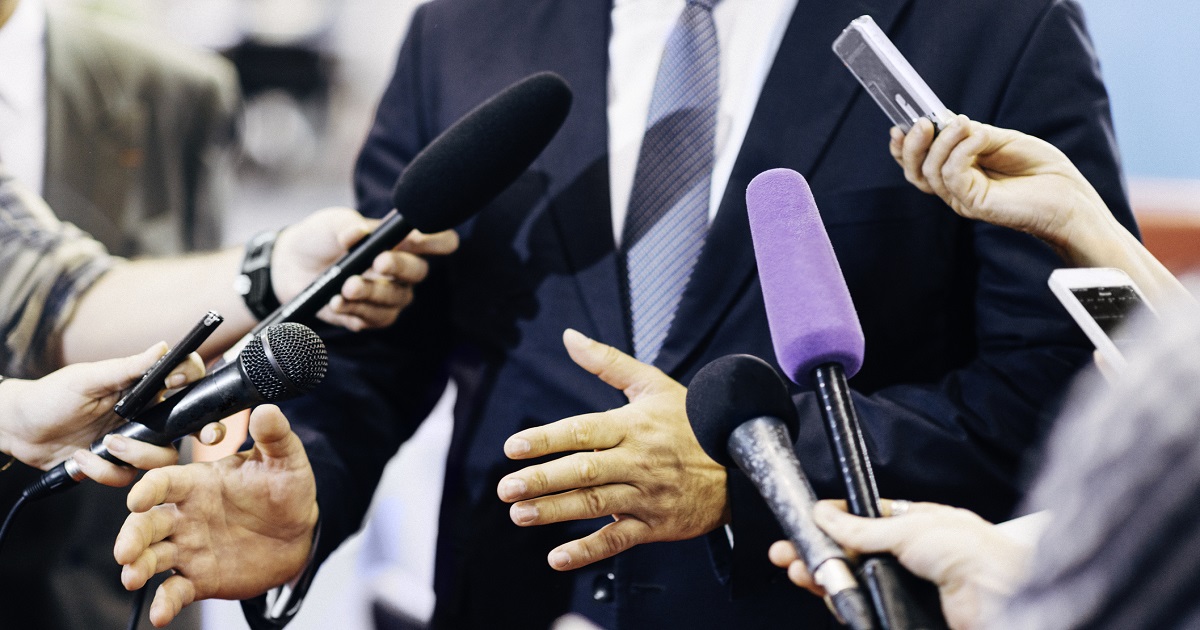Although some economists said, citing the last government shutdown in 1995-96, that economic fallout from this current shutdown would be minimal, many more are saying that the fiscal effects could be larger than previously thought.
Some speculated that the most impact that the government shutdown would have on the American people is simply show the shaky and unstable state of our government, a fact already known by most. Stuart Hoffman, PNC Financial’s chief economist, said that indeed the shutdown would “hurt consumer confidence, . . . but in terms of financial impact it’s going to be made up when the government reopens. The biggest problem is people can see what a dysfunctional government we have.”
However, as time passes, more and more experts are expressing the concern that there are more factors in play than simple timeliness, and that one shouldn’t downplay the economic effects of the shutdown so much. The way in which the shutdown is resolved and whether or not furloughed workers receive back pay are being considered. After all, government spending does account for one-fifth of the nation’s GDP.
According to economists with Morgan Stanley and Goldman Sachs, the GDP will drop 0.15 to 0.2 percent weekly during the shutdown. Other economists speculate that the shutdown could decrease growth by 0.8 percent in this quarter, which would be derivative from the 800,000 workers on furlough. That percentage could grow exponentially should the shutdown continue for a while.
The most effective way for countering such an effect would be to give the furloughed workers back pay for the time they missed working, say analysts at Macroeconomic Advisers.
Consumer confidence is another area that economists are looking at. Since the government shutdown even became a serious possibility, the Gallup Economic Confidence Index sharply fell from -15 to -20 points in mere days. It’s the lowest drop since March, when the federal budget sequestration cuts occurred.
The Wall Street Journal indicates that the reason the economy recovered the way it did after the last shutdown is because it “came amid a stronger economic backdrop,” growing at 3 percent. This last quarter saw less than 2 percent of growth. Another factor that contributed to the economy’s speedy uplift 20 years ago was because the government passed defense-spending bills. The contracts that came about because of the bills created jobs in both the public- and private-sectors.
The shutdown has gotten Republicans nothing but bad attention. Even one of their coziest bedfellows, the U.S. Chamber of Commerce, has criticized them. In a letter to Congress from the Chamber, the pro-corporate group said “It is not in the best interest of the employers, employees or the American people to risk a government shutdown that will be economically disruptive and create even more uncertainties for the U.S. economy.”
Despite similar notions about the effects of the shutdown on the economy, economists follow their assertions with the fact that there is much ambivalence about what will happen, which can also contribute further to the economic downturn.
“The real economic cost, which is extremely hard to measure, comes from heightened uncertainty,” said Guy LeBas, chief fixed-income strategist for Janney Capital Markets. “Greater uncertainty will create hesitancy on the part of businesses to embark on new projects, and encourage consumers.”
Josh is a writer and researcher with Ring of Fire. Follow him on Twitter @dnJdeli.

